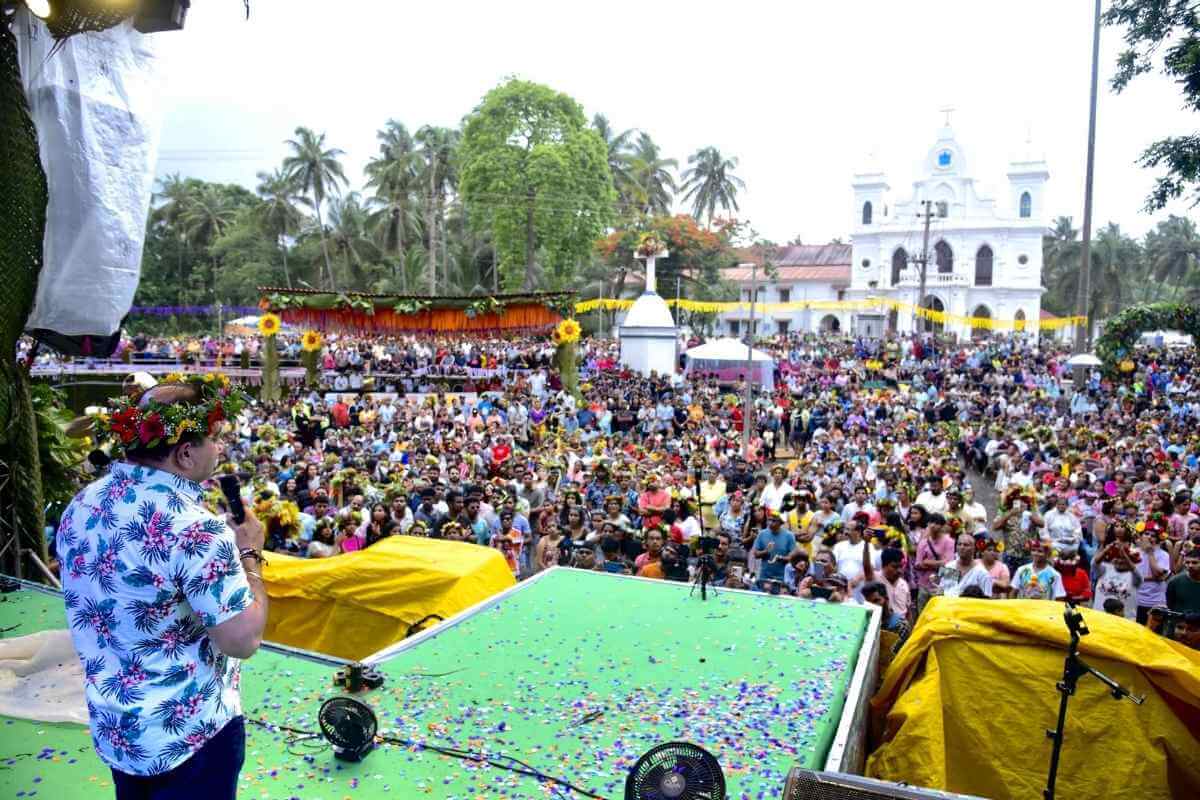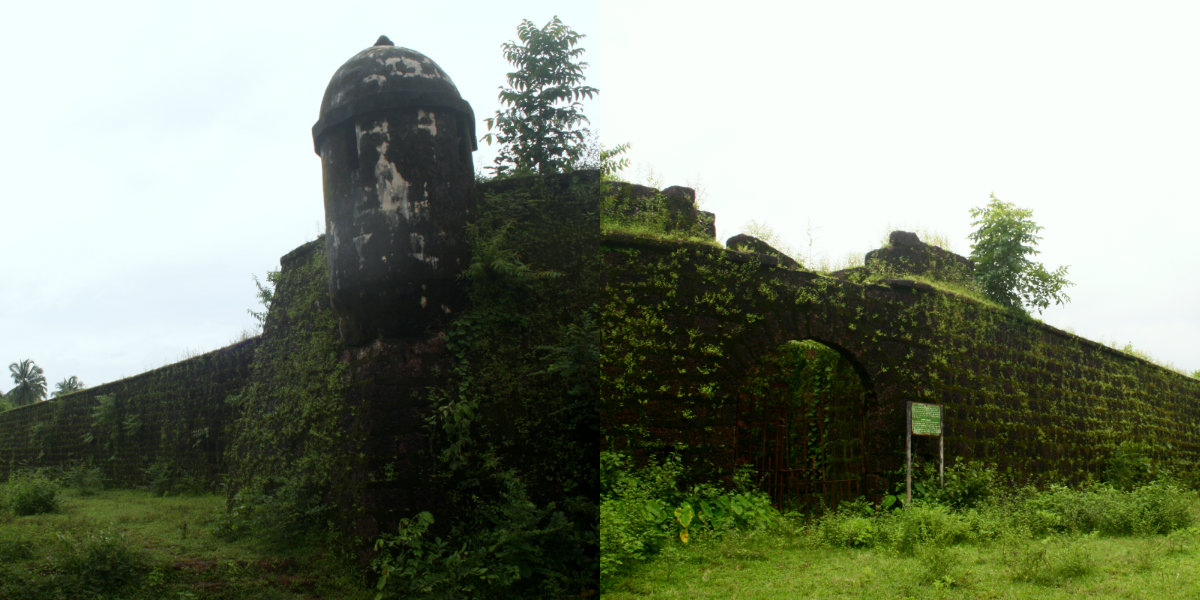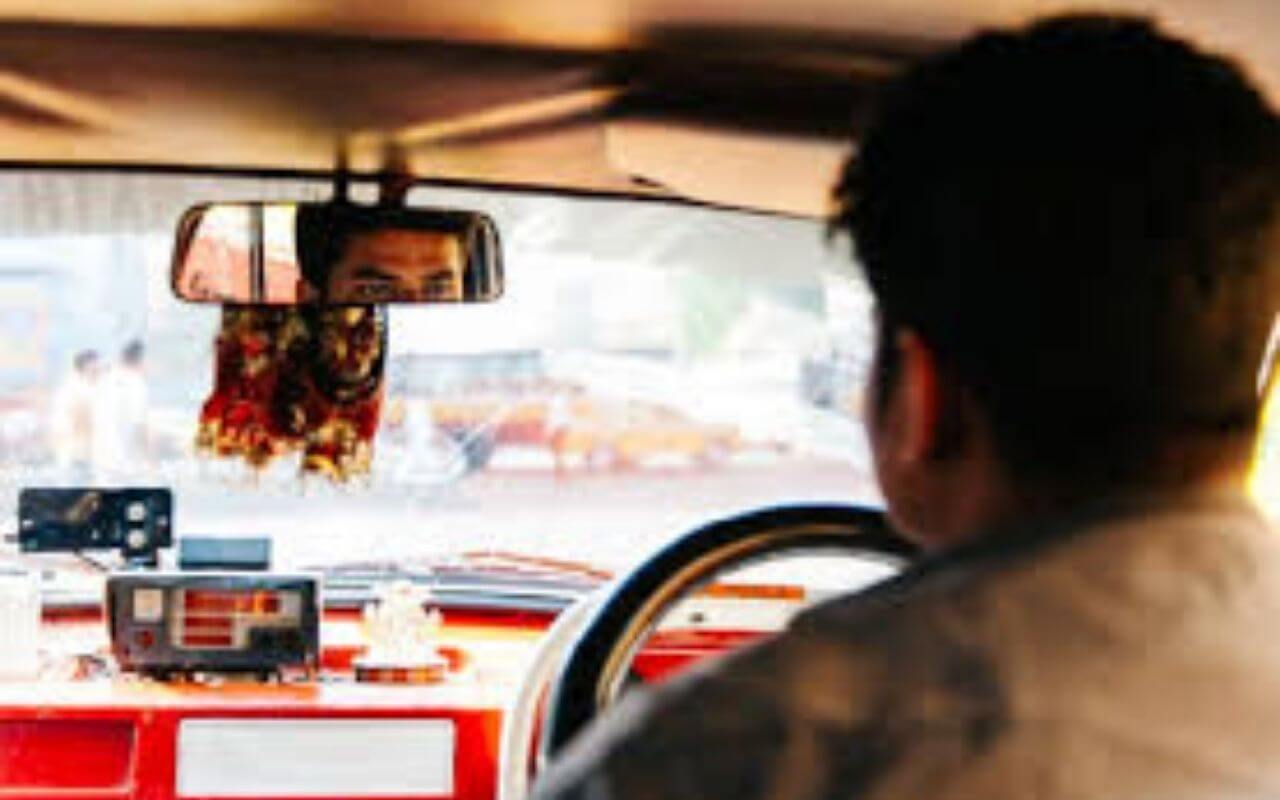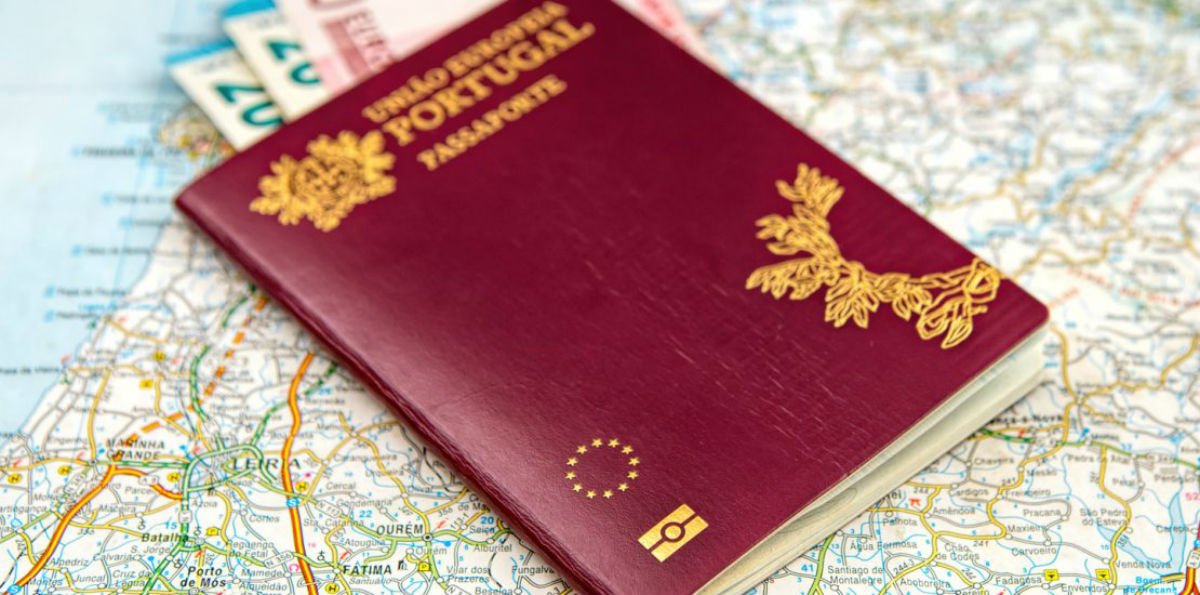Recently, news of Goa’s Iconic nightclub and party destination, Tito’s being sold over to a Punjab-based casino operator has been doing the rounds, but let us tell you that this is not the only property that has been brought by the Casino operators in Goa, there are two of Goa’s iconic hotels situated in the center of Panaji one of which already purchased by the Casino operator and second one is still under the negotiations. Basically, the Casino operators taking over Goa’s traditional businesses and setting up their business in it. How many more to go? Will update you soon.
Although there is little clarity on the real terms of the deal and whether or not it is finalised yet, a rather important issue that had been dormant for some time now has become active again because of this controversy. Goans are now becoming more pestered by why an increasing number of local Goan businesses are being sold to “outsiders”, especially from the casino-owners community.
Over the years there have been many such cases. One of the most famous ones being that of the famous Hotel Fidalgo situated in a prime location on the 18th June road. The hotel was purchased by Maberest Hotels Pvt. Ltd. (MHPL) at an asset buyout in 2002-03 from its original management. Mr. Jayant Shetty of MHPL then refurbished it and added new restaurants, continuing to run it under the same name.
But it was purported to have been sold yet again around 2-3 years ago, and this time, allegedly to another casino operator. Erstwhile Casino Pride Group owns a number of casinos under its brand name as the new owners of the hotel Fidalgo. This deal is perhaps the most well-known and significant one of the many deals wherein Goan restaurants and hotels were bought by Casino owners.
Not only hotels alone, but it also bought out the Casino Carnival from Goan company V M Salgaocar & Bros. Pvt. Ltd in 2014. This shift in ownership and control of the majority of businesses in Goa from the hands of traditional Goan business houses to new owners from outside Goa, and more so, from within the Casino business has been irksome to many.
Apart from this is the case of a very well-known and perhaps, the oldest hotel in Goa, situated opposite the Mandovi river in Panjim, it has borne the pride and class of Goa for decades together. This, one of the grandest and exquisite hotels of Goa, has been in the news in recent times for crumbling under mismanagement and neglect following family disputes, and there are negotiations going on with another Casino operator for the sale of the same.
There are rumors doing the rounds about a sale deed finalized by the owners who prefer to divide the resulting huge sum amongst themselves rather than managing this age-old Goan bequest. Several people and groups have been yearning for the Government to take over the property so as to keep its control within Goa.
But anyway, coming back to the topic of Casinos owning other businesses in the state, it can be said that over the years, the Casinos have grown significantly in their share of Goan tourism receipts. What once upon a time used to be a destination solely for Goan fish curry, quaint Portuguese houses, and beaches, is now mostly known for its major attraction which is its gambling houses.
But is there really any harm attached to it? If the casino companies are doing it for the betterment of tourism and hopefully, consequently, in the interest of employment and economy for Goa, then is it really something that needs to be objected to? The answer to this is- maybe, yes. More than the question of Non-Goans and Goan, it is a matter of over-commercialization of Goan properties and business. This can lead us to a state where if this investment ever stops, Goan tourism will come to a screeching halt.
Secondly, Going by the many real-life examples, it is hard to guarantee that Goan focus on hospitality will be carried forward by these enterprises that are mostly focused on profit-making. The hospitality industry is mostly just seen as being complementary to the casino business, wherein companies invest in hotels to acquire an inventory of hotel rooms.
“We are not into the business of hotels. It is complementary to our casino business wherein we invest 90% of our capital in hotels and 10% in the casino and then we get 80% of our revenue from the casino and 20% from the hotels,” Mr. Jaydev Mody of Delta Corp was quoted as saying in an interview with the Economic Times.
Delta Corp is the leading company in the casino industry and also a partner of Advani Hotels which is a subsidiary of the Advani Pleasure Cruise Co. Ltd. which owns Casino Pride in partnership.
In a 2019 interview, talking about the importance of Casinos in Goan tourism, CM Pramod Sawant also said that the tourism sector in Goa has been dominated by non-Goans who contribute over 50 percent of the workforce or investors. “We want more Goans to get involved in the tourism sector. We have lost several of our industrial sectors to non-Goans and we are facing bad consequences,” he added.
Although these mergers and take-overs have done significantly well for tourism and employment, the question remains, to what extent are these Casino-based companies capable of guaranteeing a truly authentic Goan experience? How can Goa welcome new investments such as these, while also preventing the dilution of the elements which make Goa what it is?
Is it not better to maintain Goan tourism in the hands of those who know it best, rather than entrusting any foreign, possibly dispassionate fosters, with the coveted responsibility of continuing this legacy?

























